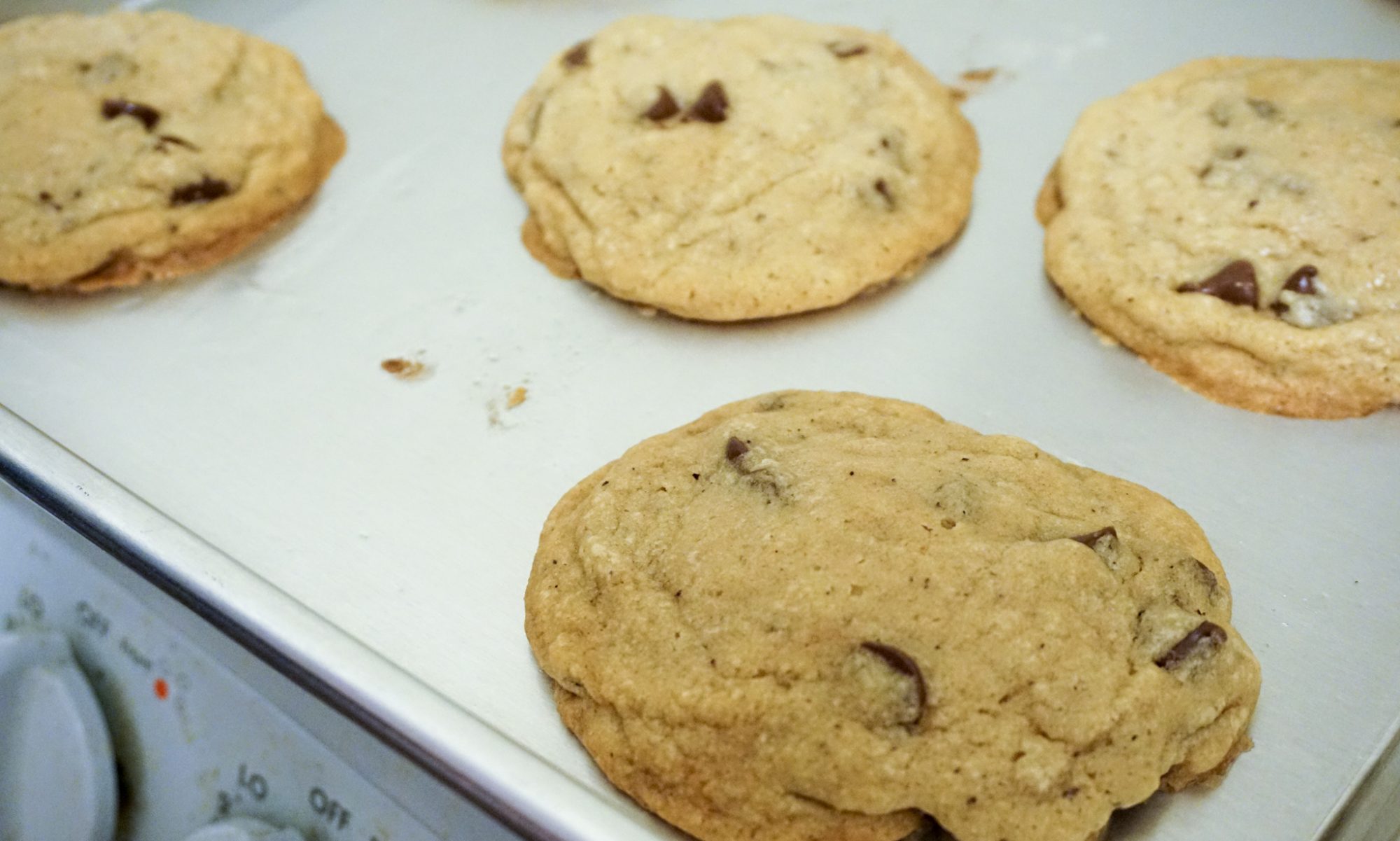Here are some more tips you can use to reduce the amount of waste you produce! Please start with this post for simpler, and more beginner-friendly tips.
These tips are more difficult, simply because you can’t just swap out a reusable product for a disposable one. These require behavioral change (which is hard!). But do your best! You may find some of these simple to adopt.
Tips
- Bring your own containers to restaurants to take leftovers home. You avoid disposable clamshells and plastic bags, and the harmful chemicals that leach out of styrofoam. Bonus: you get to take other people’s leftovers home when they’re not prepared to!
- Bring your own plate and utensils to social eating events (and carry your utensils everywhere with you!)
- Get your electricity from a renewable energy program. Many utility companies run such programs, sourced from wind, solar, or hydroelectric projects. For example, my electricity utility company is PG&E, which serves much of the West Coast. PG&E has a solar option called Solar Choice, which allows you to offset 50 or 100% of your energy usage with solar. You usually have to pay a small premium over conventional energy, but it is only a few cents or tenths of cents per kilowatt-hour, and nothing else about your service changes.
- When you buy products new, buy durable and easily-repairable items that will be useful for a long time. Do your research! Look at Consumer Reports, Cook’s Illustrated, and The Sweet Home for advice and reviews. Ask other consumers directly through Reddit (make sure to find a relevant subreddit) or other hobby-specific forum. Avoid planned obsolescence, avoid things with software updates, avoid trends, avoid impulse buys. Wait at least a week before buying something you’re interested in! You may realize you don’t really need it.
- Use durable, reusable containers for food storage. For example, use glass jars and durable tupperware instead of flimsy plastic containers, ziploc bags, plastic wrap, aluminum foil and other difficult-to-recycle and difficult-to-reuse things.
- Say no to low-quality freebies you know you won’t use! E.g. pens, flash drives, T-shirts, tote bags, pamphlets.
- Compost organic waste, including soiled paper, food scraps, dust bunnies, and kleenex. This is easiest if you have a yard where you can start a compost pile, or if you have municipal composting. Some places have private composting services that you can pay for. You may be able to find someone in your area who is willing to let you start a compost pile in their yard. You can put an ad up on Craigslist.
- Collect water from your shower when you’re waiting for it to warm up. I just leave a bucket in the shower. You can use the water for other things, like watering plants, doing laundry, washing dishes, cleaning, or flushing the toilet.
- Simplify your toilette to be based on a smaller number of products that come in little packaging, are high quality, and only require a small amount to be effective. There are lots of ways to do this and lots of potential products to use, so experiment and find out what you like! For example, use oil for lotion and conditioner; bar soap for shampoo, body wash, and hand soap; baking soda for deodorant and cleaning (and maybe toothpaste too).
- Choose easily-recycled packaging over nonrecyclable packaging. For example, glass and (all?) metals are infinitely recyclable. Paper can be recycled ~7 times. Plastic should be your last choice; it is difficult to recycle and often is just landfilled instead. When it is recycled, it is usually downcycled into a product that can’t be recycled again.
- Go dumpster diving! About 40% of the food produced in the US is thrown away. D: That’s a pretty shocking number. A lot of the waste is because of superficial aesthetic standards and expiration dates (which are bogus- they’re only regulated for baby formula). So you can often find perfectly good food in dumpsters.
- If you don’t want to go dumpster diving, you can buy “ugly” produce through Imperfect Produce in California, Hungry Harvest in Pittsburgh, and other regional food waste diversion programs.

I think you made an editing error on #5. (Ziploc…)
Okay, I removed that bit.
I meant to emphasize that Ziploc especially sells a lot of supposedly reusable plastic food storage containers that are quite flimsy and obviously disposable. Thanks for letting me know it wasn’t clear!